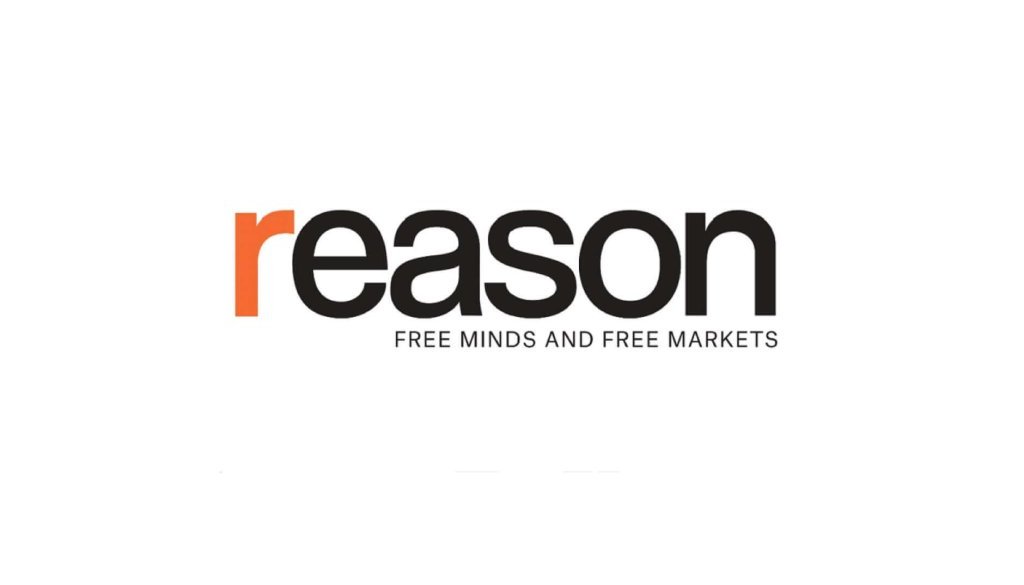It’s Not Journalists’ Job To Protect Government Secrets
You don’t have to be more Catholic than the Pope, as the saying goes. But over the past week, an accidental leak to The Atlantic has transformed journalists into bigger defenders of government secrecy than the government itself. It has created the bizarre situation of journalists asking the White House to keep them away from juicy, fresh, newsworthy information.
To recap: National Security Adviser Mike Waltz accidentally added Atlantic Editor in Chief Jeffrey Goldberg to a White House group chat for planning an upcoming military campaign in Yemen. After Goldberg reported on the existence of the group chat on Monday—without revealing much about its contents—the embarrassed Trump administration downplayed how sensitive it was.
White House press secretary Karoline Leavitt, Director of National Intelligence Tulsi Gabbard, and CIA Director John Ratcliffe all insisted that there was nothing “classified” in the text messages. On Wednesday morning, The Atlantic published the full transcript, with commentary complaining that this information would “typically” be classified and could have harmed U.S. troops had it “fallen into the wrong hands” before the campaign began.
Although The Atlantic meant to make the White House eat its words, the decision to publish on Wednesday also made several journalists eat theirs. Earlier in the week, mainstream media had praised Goldberg’s “patriotic” decision not to report on the substance of the war plans.
“If somebody else had been added to this group chat, there were real national security concerns here,” CNN Chief Media Analyst Brian Stelter said on TV. “Goldberg was patriotic. He didn’t tell anybody. He didn’t go out and share the war plans, of course. He just listened in and tried to figure out if this was real or not, and apparently it was all too real.”
Meanwhile Stelter’s colleague, CNN Chief National Security Analyst Jim Sciutto, spent his time arguing with Leavitt that the information should have been classified. Washington Post reporter Carol Leonnig similarly praised Goldberg “for treating the info more carefully than apparently the ‘principles’ overseeing U.S. security,” referring to the White House Principals Committee.
Respect for government secrecy is apparently a virtue—which would make intrepid reporting a vice. Could the Pentagon Papers have been reported today? How about the secret National Security Agency mass surveillance programs leaked by Edward Snowden? Many mainstream journalists made it clear this week that they would avoid exposing such scandals, or only do so in order to push the government to be more careful with its secrets.
Independent journalist Ken Klippenstein quipped in his newsletter that those reporters are acting as “self-appointed counterintelligence officers” and shirking their “duty to their client, the public.” They’re also acting against their own self-interest. Pushing for more restrictions on information and less forgiveness for leaks is a dangerous game for journalists to play, especially given the Trump administration’s use of the Espionage Act against WikiLeaks and Gabbard’s more recent threats to prosecute leakers.
After all, some of the most important stories in American journalism—including the Pentagon Papers and the Snowden leaks—came from sources defying classification laws. There has historica
Article from Reason.com

The Reason Magazine website is a go-to destination for libertarians seeking cogent analysis, investigative reporting, and thought-provoking commentary. Championing the principles of individual freedom, limited government, and free markets, the site offers a diverse range of articles, videos, and podcasts that challenge conventional wisdom and advocate for libertarian solutions. Whether you’re interested in politics, culture, or technology, Reason provides a unique lens that prioritizes liberty and rational discourse. It’s an essential resource for those who value critical thinking and nuanced debate in the pursuit of a freer society.




